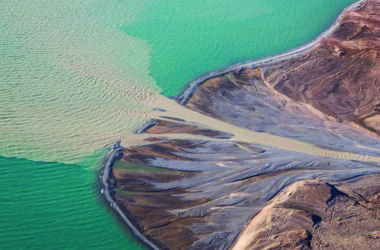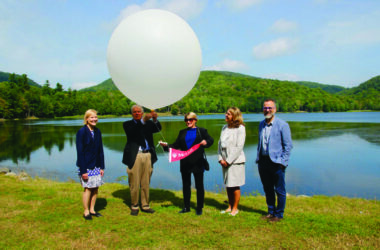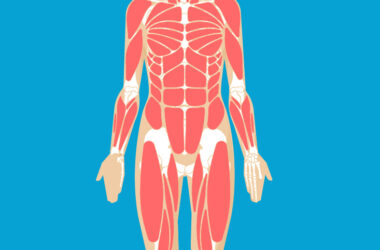While many are worried about large swaths of land disappearing under water as global sea levels rise due to melting ice sheets in the Arctic, Greenland finds itself with a different problem: Its coastline is growing. Scientists have observed that when Greenland’s ice melts, it runs down to the ocean,[Read More…]
Science & Technology
The latest in science and technology.
34th edition of Soup and Science delivers lots of science, but no soup
The 34th edition of Soup and Science, an event for prospective undergraduate researchers and curious students organized by McGill’s Faculty of Science, made such a comeback that the in-person registration was full. During the week of Sept. 19, The McGill Tribune attended two fascinating talks about the medical uses of[Read More…]
From humans on Mars to the expanding universe
Staring at an image of the Milky Way, James Peebles, the 2019 Nobel Prize winner in Physics, verbalized what his audience was thinking: “Isn’t that beautiful?”Just about everyone can agree that our galaxy is a remarkable sight. It was Sept. 16 and Peebles was visiting McGill to deliver the annual[Read More…]
Developing a multi-dimensional picture of the Saint-Lawrence River Valley
A few days before former McGill Principal and Vice-Chancellor Suzanne Fortier stepped down, she attended the inauguration of the Adaptable Earth Observation System (AEOS) facility at McGill’s Gault Nature Reserve. The new building, buried between the modest peaks of Mont-St-Hilaire, serves as a home to a biology lab and an[Read More…]
The surprising link between muscle mass and cognition
Most people are aware of the crucial role muscles play in keeping us alive and moving us around.What might be surprising to some, however, is that muscles also secrete hormones that affect the brain. The connection between these seemingly distinct organs led a team of researchers at the Research Institute[Read More…]
McGill alumni create world’s first carbon-negative concrete
After water, concrete is the most commonly used resource in the world. From the buildings we live in to the roads we drive on, nearly everything in our built environment is made from concrete. Unfortunately, it’s also the most destructive material in the world, responsible for approximately eight per cent[Read More…]
Time to BeReal: Could the newly popular app be addictive?
Many students across North American university campuses receive identical notifications on their smartphones every day: Time to BeReal. The alert is sent out to all those who have downloaded the popular social media app BeReal, which delivers a less-filtered online experience to those looking to avoid overly-polished content. The recent[Read More…]
400 days of cycling and recycling
On July 1, 62-year-old McGill mechanical engineering professor Larry Lessard set out on the journey of a lifetime. An avid cyclist and expert on recycling, Lessard plans to travel across three continents, 28 countries, and 20,000 kilometres in 400 days. Along the way, he’ll stop at universities and wind farms[Read More…]
Is Montreal the next powerhouse of AI research?
Artificial intelligence (AI) is becoming increasingly commonplace in our society—from its implementation in smartphone apps like Siri and the curation of playlists on platforms like Spotify, to credit score calculations and even works of art. Over the past several years, McGill and, more broadly, Montreal, has emerged as a hub[Read More…]
A new immunocellular therapy at our doorstep
According to the Canadian Cancer Society, nearly 7,000 Canadians will be diagnosed with leukemia this year with a mortality rate of nearly 50 per cent. Similarly, over 10,000 will be diagnosed with non-Hodgkin’s lymphoma—a specific type of cancer that causes lymphocyte cells to develop abnormally. Many research institutions across the[Read More…]















